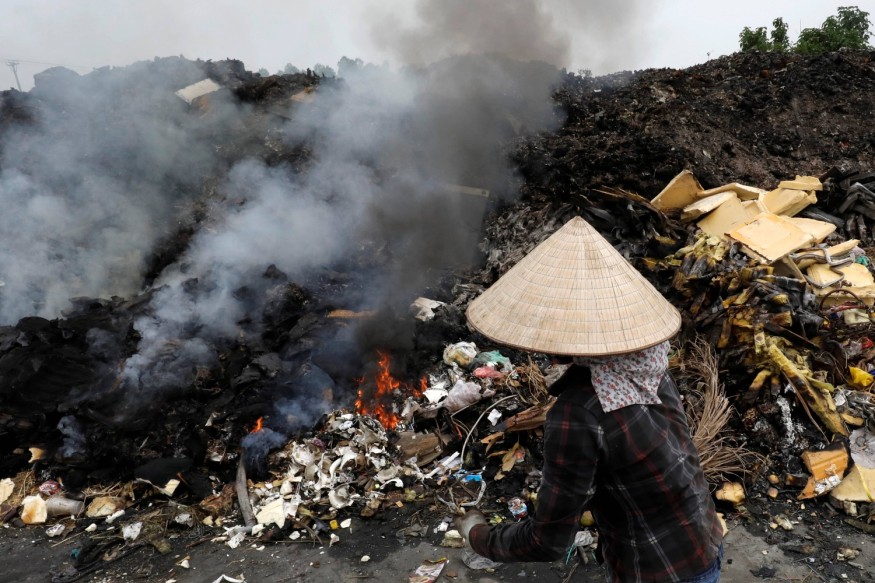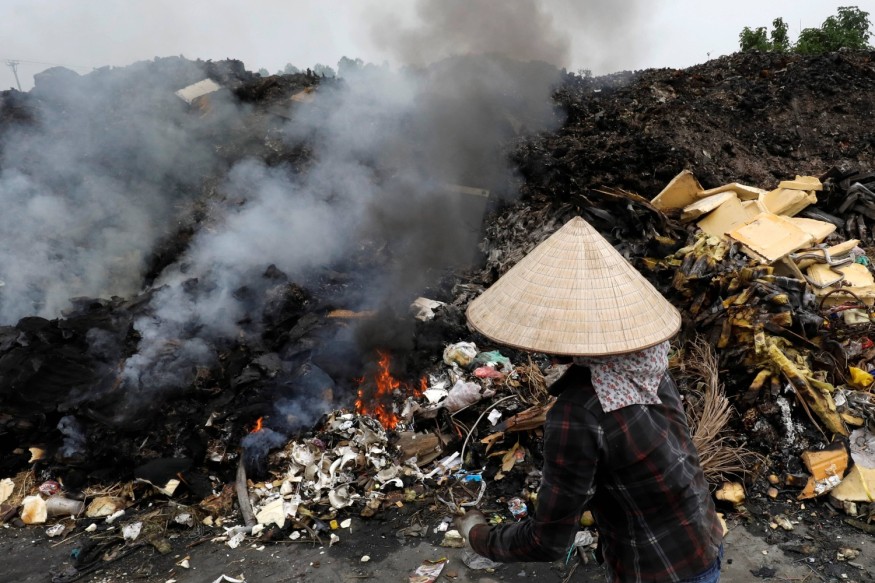

A pioneering new study looked into how much plastic garbage originating from countries in Europe - mainly the UK, EU, Norway, and Switzerland - contributes to ocean litter in Asia instead of actually being recycled.
This new study was conducted by researchers from the University of Limerick and NUI Galway. It is the first time that the amount of plastic exported from various European countries that end up as garbage in oceans was quantified.
Despite European countries already having world-class infrastructure for waste management, 46% of their plastic waste is still exported. The majority of this plastic garbage is shipped and exported into countries that have poor practices in waste management. Most of these are Southeast Asian countries.
Once this plastic waste arrives in its country of destination, most of it is not accepted into the recycling streams of its local, overstretched waste management systems, and eventually end up as ocean pollutants.
The new study was published in the Environment International journal. It estimated the various scenarios from best to worst regarding pathways of ocean debris coming from exported recyclables in 2017.
The results showed that an estimated range of 32,115 to 180,558 tons or 1% to 7% of all the exported polyethylene from Europe ends up in oceans. The plastic polyethylene is among the most common plastics used in Europe. The study showed that UK, Italy, and Slovenia export more plastic to Asia, and these recyclable wastes become ocean debris.
Lead study author George Bishop says that their results show a hitherto undocumented but important pathway of the plastic pollutants that enter our oceans that consequently cause severe social and environmental impacts on coastal communities and marine ecosystems.
The study utilized waste management data in destination countries as well as detailed international trade data, modeling the fate of European polyethylene wastes exported to Asia for recycling. It took into account the various fates of these plastic wastes, which range from successful recycling into resins, to being dumped in landfills, incinerated, and turned into ocean debris.
Co-author and University of Limerick lecturer Dr. David Styles says that the study shows how documented recycling rates as reported by towns, cities, and nations are significantly higher than the number of plastics that are actually recycled. Due to inaccurate downstream traceability and because a lot of the wastes intended for recycling are exported, up to a staggering 31% of exported plastics end up as pollutants.
According to the National University of Ireland, Galway established professor of New Energy Technologies Piet Lens, the successful establishment of a better circular economy requires that waste management organizations and European municipalities must become accountable for what happens to plastic waste labeled as recyclables. The new study, he says, shows that there is a lack of data on this matter and that there is a need for extended audit trails; alternatively, there may be a need to conduct recycling activities locally as part of new trade regulations on these wastes.
The study authors say that their study must not discourage the populace from stopping the practice of recycling, because it is still the best option for managing waste. Again, a lot of work still needs to be done regarding some aspects of the plastics recycling chain.
© 2026 NatureWorldNews.com All rights reserved. Do not reproduce without permission.





